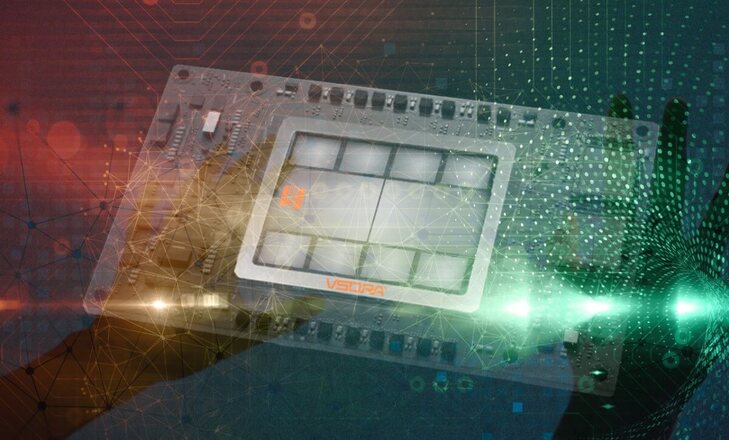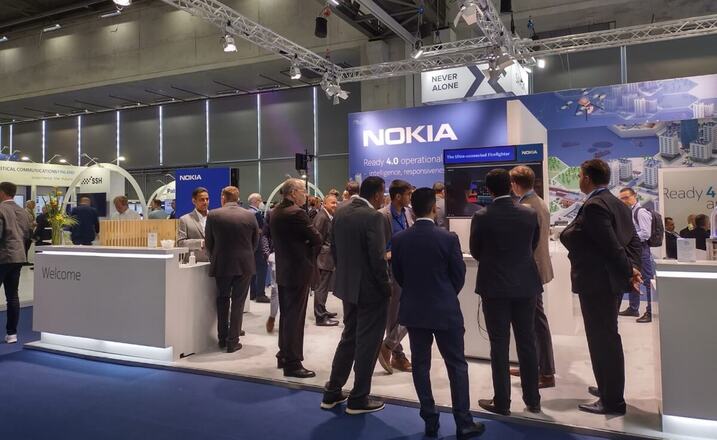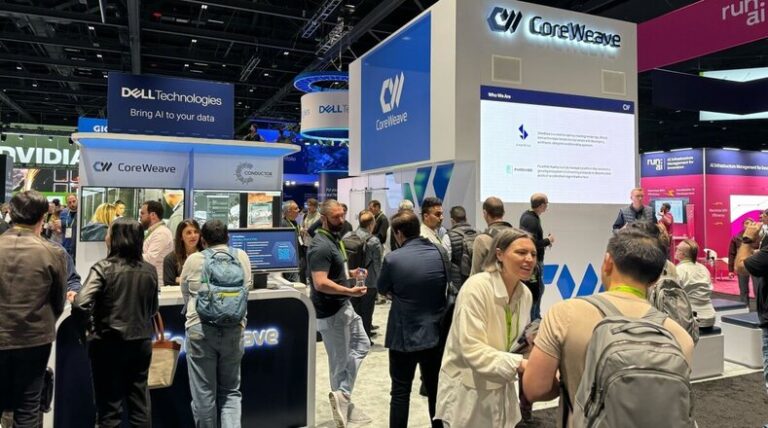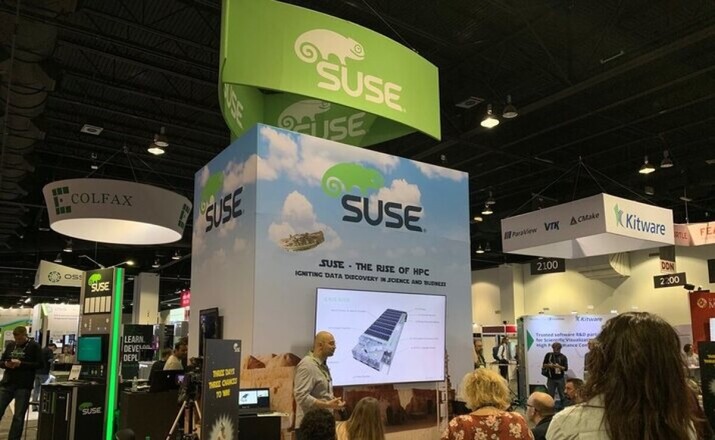
French deep-tech company VSORA has raised $46 million in a new funding round to accelerate the production of its high-performance AI inference chip, aiming to reshape the global market for artificial intelligence processors. Led by Otium and a French family office, the round also attracted investment from Omnes Capital, Adélie Capital, and co-financing from the European Innovation Council (EIC) Fund.
The funding will drive the final development and upcoming manufacturing of VSORA’s flagship chip, the Jotunn8 (J8), expected to be produced on silicon in 2025. Designed to handle next-generation AI inference workloads, the J8 chip is positioned as a scalable and efficient alternative to GPU-based solutions, offering lower power consumption and higher throughput. The move underscores Europe’s ambition to assert its technological sovereignty in the high-performance AI chip sector, traditionally dominated by U.S. and Asian giants.
VSORA CEO and founder Khaled Maalej described the investment as a strategic milestone. “This funding marks a pivotal moment for VSORA as we accelerate our mission to revolutionize AI chips and ensure Europe’s technological sovereignty in AI computing. It will propel the completion of our technology and the start of our manufacturing, allowing VSORA to play a vital role as the only substitute for chip designers from outside of Europe.”
VSORA has established partnerships with leading players across the global semiconductor supply chain to ensure access to advanced manufacturing capabilities and production standards. These collaborations are aimed at preparing for industrialization and positioning the company as a significant European competitor in the rapidly expanding AI chip market.
According to Gaspard de Veyrac, principal at Otium, the firm saw a unique opportunity in backing a European venture capable of taking on industry leaders. “With world-class engineering talent in France and Europe, VSORA is a unique opportunity in a market dominated by global giants like Nvidia. With this funding, VSORA can secure a prominent position in the global AI chip industry and transform the future of AI computation.”
Jotunn8 Chip
The Jotunn8 chip, which the company claims can deliver over 3,200 teraflops of compute power, is designed to address key challenges in AI inference—particularly energy efficiency, latency, and deployment cost. VSORA says the chip consumes less than half the power and delivers more than triple the performance compared to existing solutions, making it ideal for high-demand use cases such as autonomous vehicles, robotics, edge AI, and data center generative AI workloads like ChatGPT.
Unlike general-purpose GPUs that often require additional software layers and hardware resources, VSORA’s chip architecture is optimized for inference workloads specifically, giving it an edge in latency-sensitive and power-constrained environments. This focus on inference allows VSORA to target a growing segment of the AI market. According to recent industry estimates, AI inference is expected to grow from $124 billion in 2025 to $255 billion in 2030, driven by the widespread adoption of AI models in real-time decision-making and automation.
Founded in 2015 by a team of digital signal processing (DSP) experts and AI engineers, VSORA has offices in France and Taiwan. The company has built a reputation for developing AI processors that emphasize both raw performance and system-level efficiency. As it enters its next growth phase, the firm intends to scale production, deepen partnerships, and bring to market one of Europe’s most promising alternatives to the GPU-centric status quo in AI hardware.





